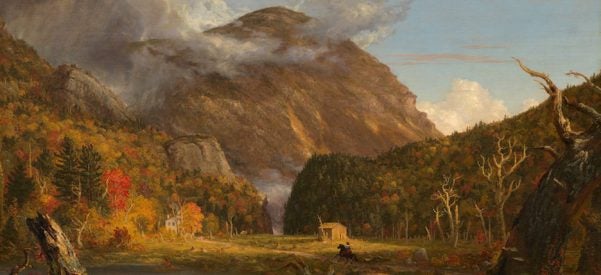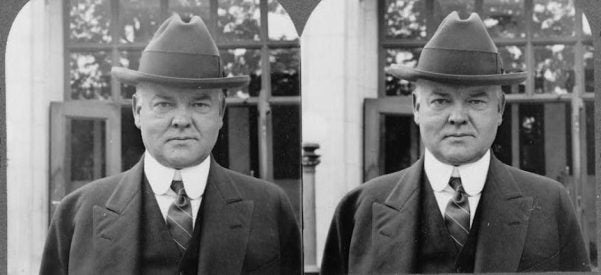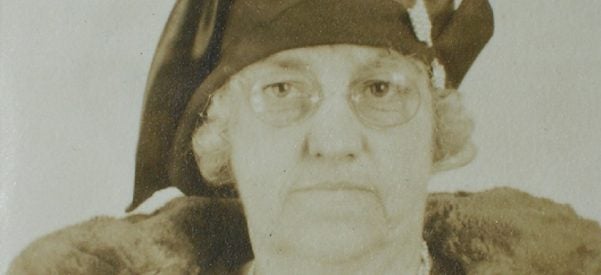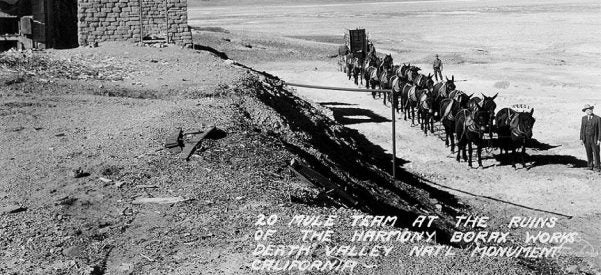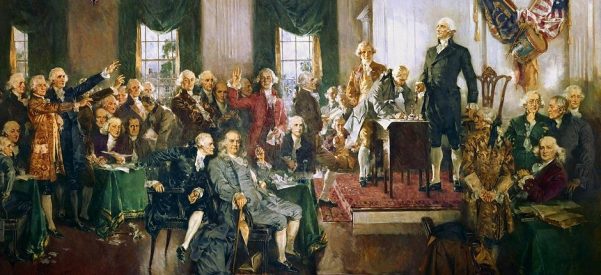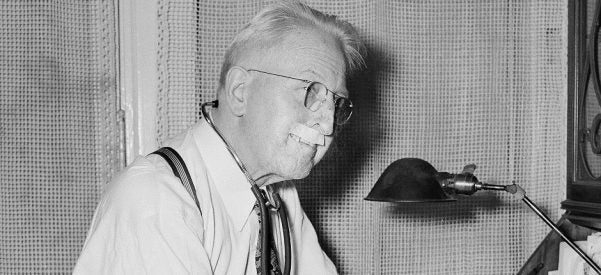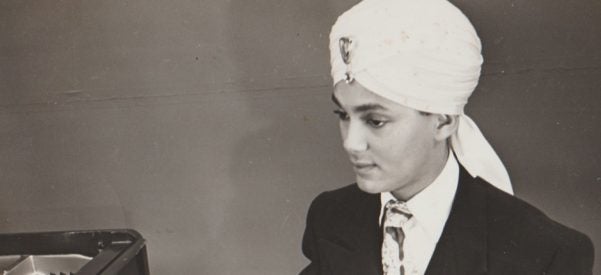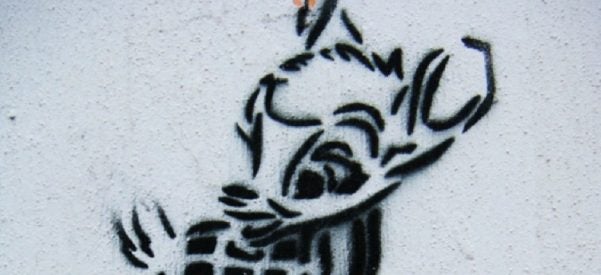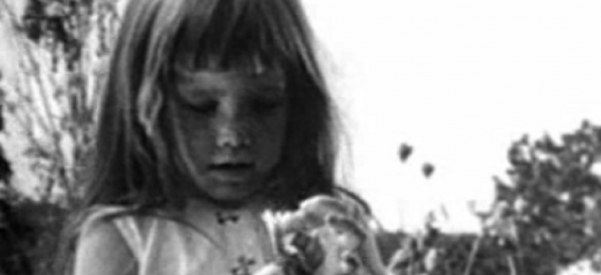The First Recorded American Mountain Climber Saw a Majesty No One Else Did
In 1642, You Had to Be a Little Nuts to Think Mountaineering Was a Good Idea
In the spring of 1642, in what was then the Upper Plantation of Massachusetts Bay Colony, later the colony, and still later the state of New Hampshire, Darby Field, a 32-year-old Englishman of Irish descent, was doing something unprecedented in England’s newly-established North American colonies—climbing a mountain.
Field, a resident of the community of Pascataquack (present day Durham, New Hampshire), left no written record of his climb or indication of its purpose. But others, including John Winthrop, governor of Massachusetts …


